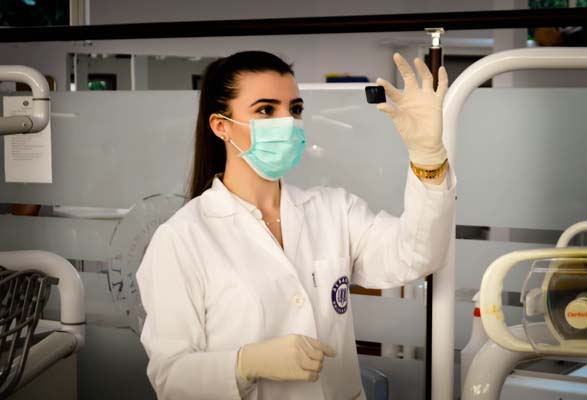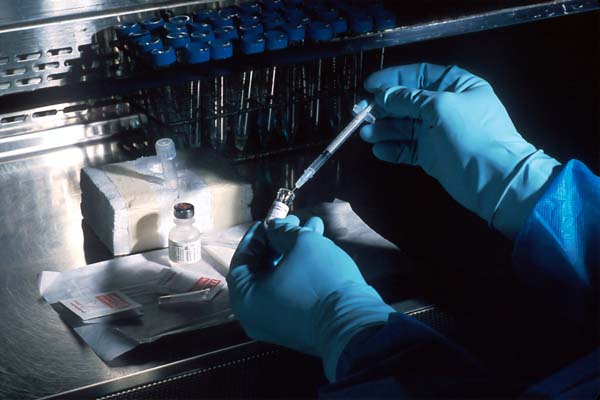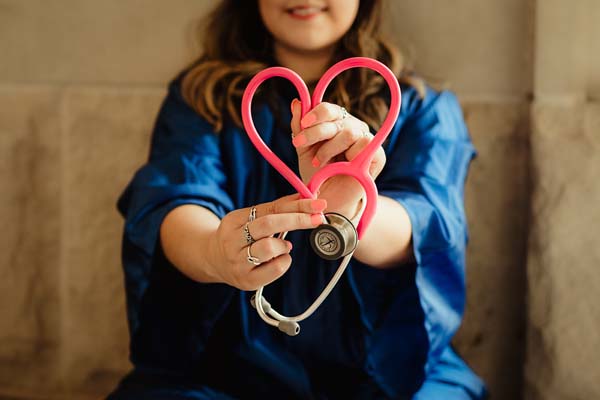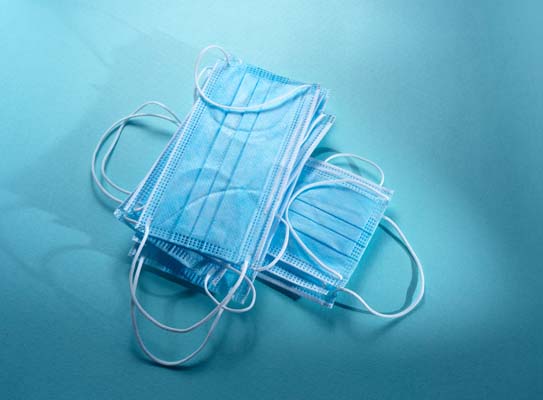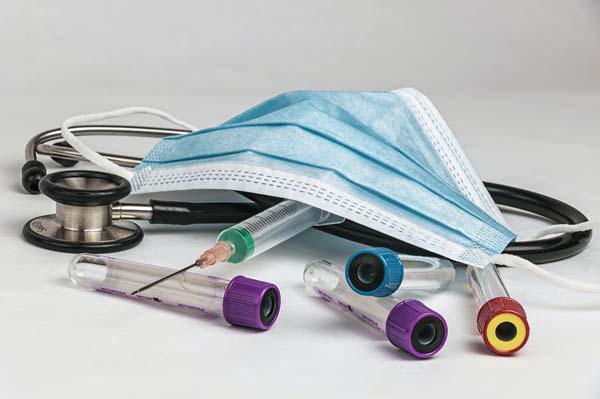Our classes start to practice and learn how to draw blood from day one. We try to offer the public free services in order to have a clinical setting for our students. This success relies on the students and Instructors. We encourage our students to invite family and friends to come by and let the students draw their blood. The clinical will give students hand-on training as they take actual blood samples from patients, under direct supervision. Great care is taken to ensure that students are collecting the blood correctly and preparing it properly to be transported. Unfortunately, only UNM or CNM have a contract with the labs.
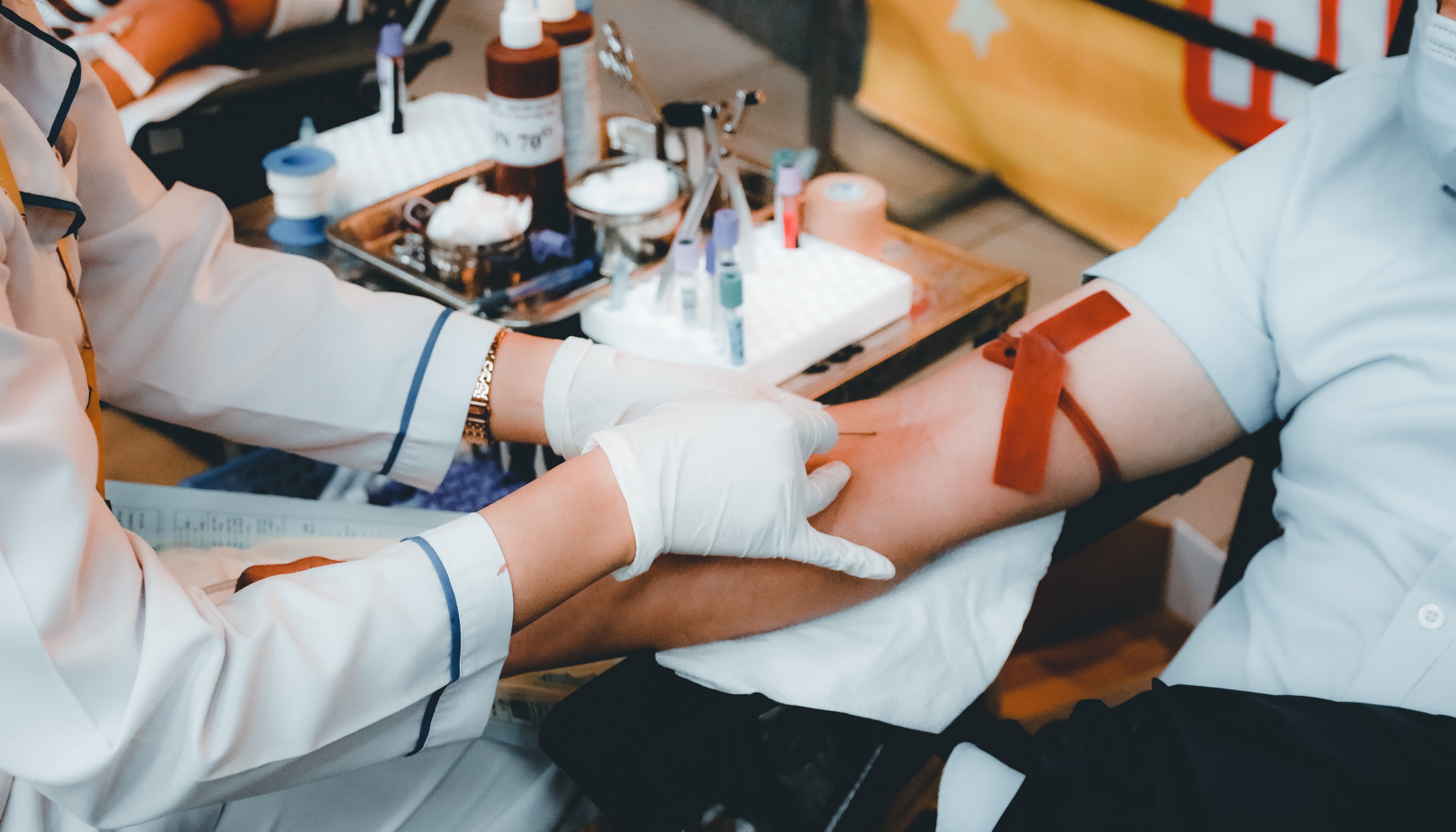
All of these phlebotomy courses work together to provide students with an overall understanding of phlebotomy. Upon graduation from the program, they will have the skills that are needed as a Certified phlebotomist. Some states do not specifically require certification to be a phlebotomist, but many labs-hospitals and other facilities will only hire those who have been properly trained and are Certified Phlebotomist.

